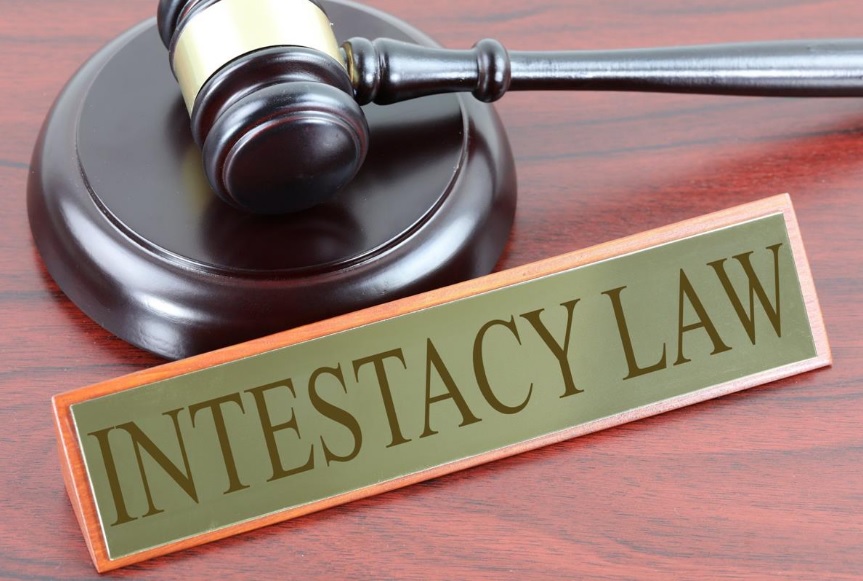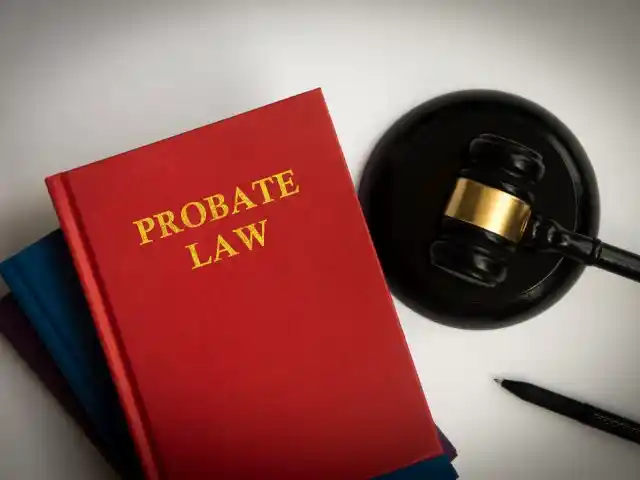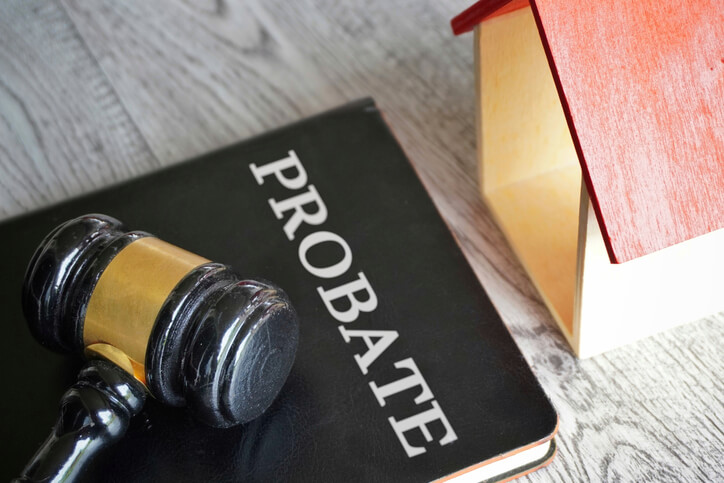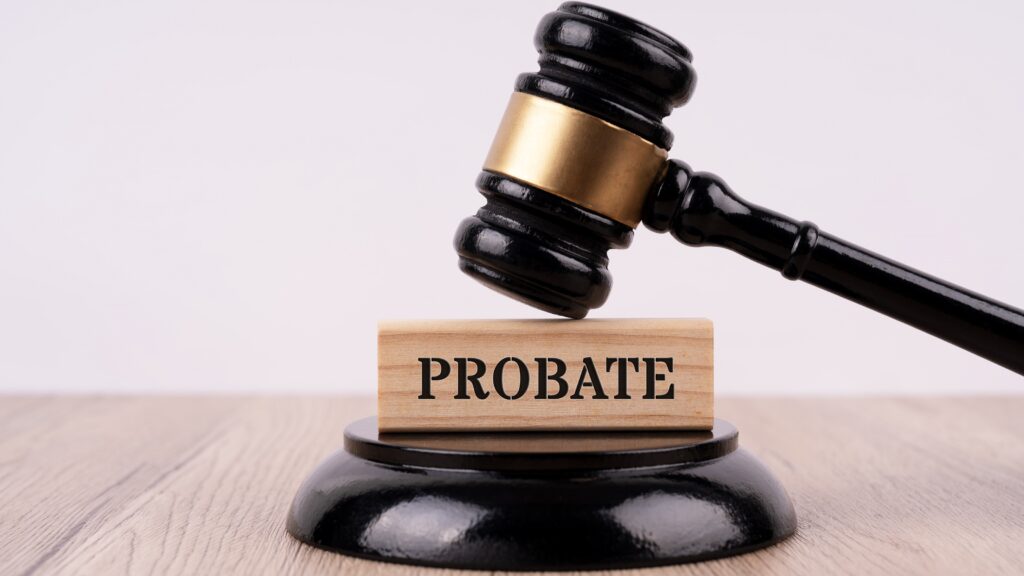Understanding the Role of Executors in Texas Probate
The executor plays a crucial role in the probate process in Texas, acting as the person responsible for managing the estate of the deceased. This includes overseeing the distribution of assets, paying debts, and ensuring compliance with legal requirements. Executors are often named in the will, but if there is no will, the court may appoint someone to fulfill this role.
In Texas, executors must file the will with the probate court and initiate the probate process. They are tasked with gathering the deceased's assets, notifying beneficiaries, and handling any claims against the estate. Understanding these responsibilities is vital for anyone stepping into this role, as it involves legal obligations and potential liabilities.
Common Challenges Faced During the Probate Process in Texas
Probate can be a complex and emotionally taxing process, often presenting various challenges for executors and beneficiaries alike. Some common issues include disputes among family members, difficulties in locating assets, and navigating the intricacies of Texas probate law. These challenges can prolong the process and lead to additional stress for those involved.
For instance, disagreements over asset distribution can result in legal battles, while issues such as lost wills or missing beneficiaries can complicate proceedings. Understanding these potential hurdles can help individuals prepare better and seek appropriate legal guidance to navigate the probate landscape effectively.
Probate Alternatives: Exploring Options Beyond Traditional Probate
While probate is a common method for settling an estate, there are alternatives that may be more suitable for certain situations. Options such as living trusts, joint ownership, and beneficiary designations can help bypass the probate process altogether, allowing for a more streamlined transfer of assets. Understanding these alternatives is essential for effective estate planning.
For example, a living trust allows assets to be transferred directly to beneficiaries without going through probate, saving time and costs. Additionally, joint ownership of property can ensure that assets automatically pass to the surviving owner upon death. Exploring these alternatives can provide individuals with more flexibility and control over their estate planning decisions.
The Importance of Estate Planning in Avoiding Probate Issues
Effective estate planning is crucial for minimizing complications during the probate process. By creating a comprehensive estate plan, individuals can ensure that their wishes are clearly outlined, which can significantly reduce the likelihood of disputes and confusion among heirs. This proactive approach can save time, money, and emotional distress for loved ones left behind.
Estate planning tools such as wills, trusts, and powers of attorney can help individuals specify how their assets should be managed and distributed after their passing. Additionally, regular reviews and updates to the estate plan can adapt to life changes, ensuring that the plan remains effective and aligned with current wishes and legal requirements.









